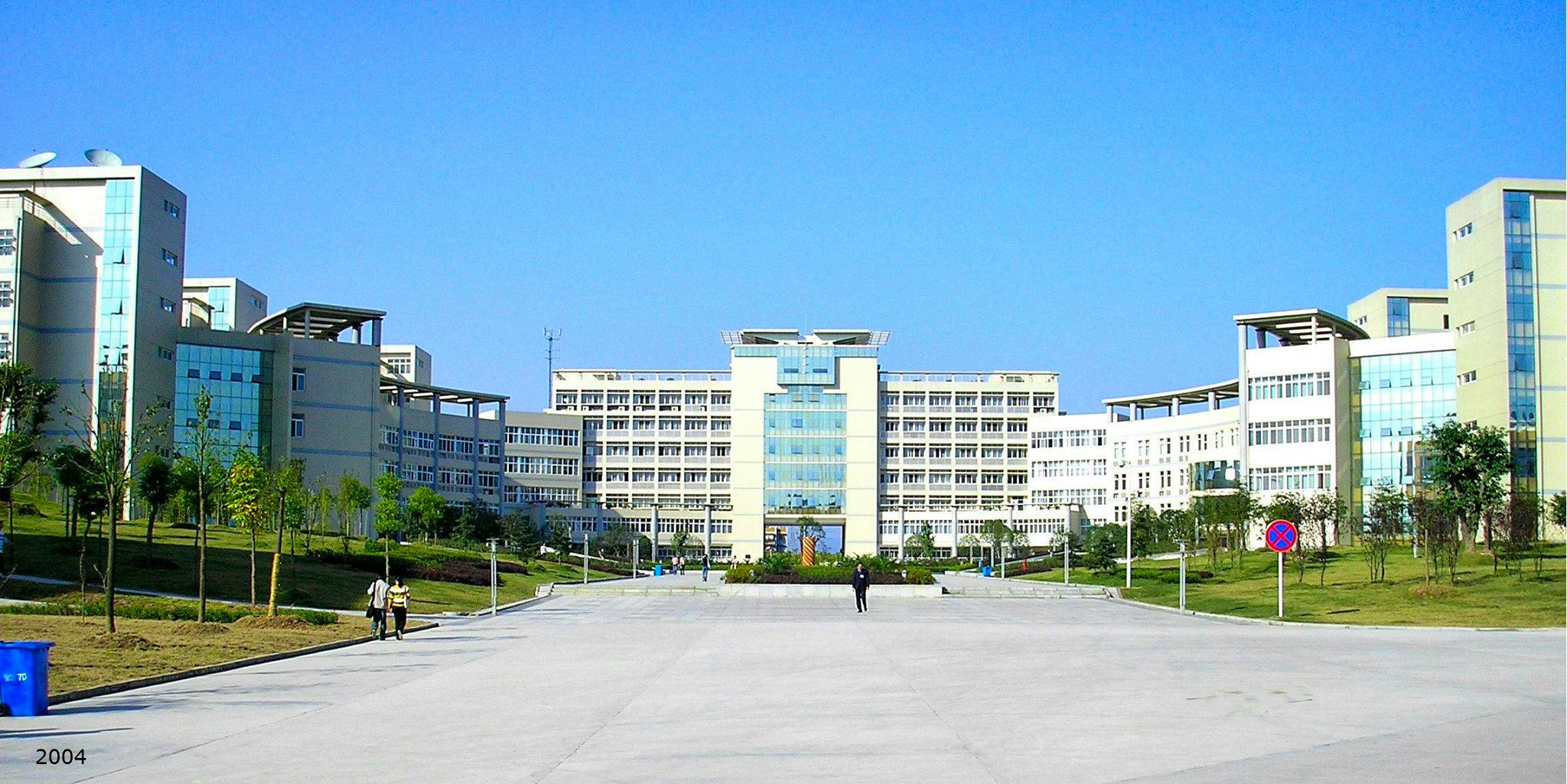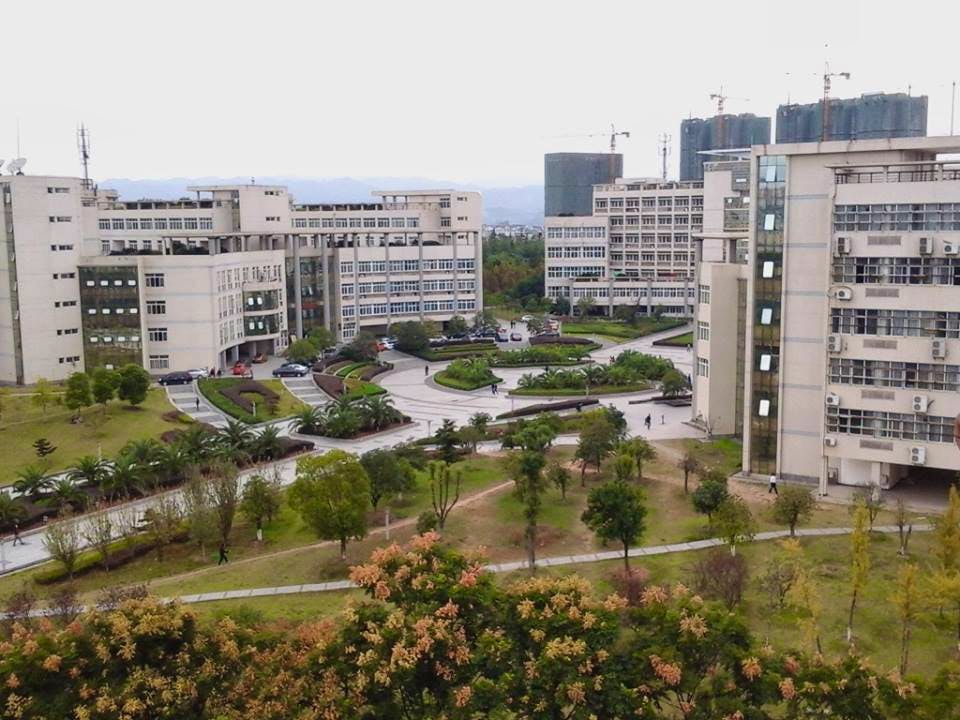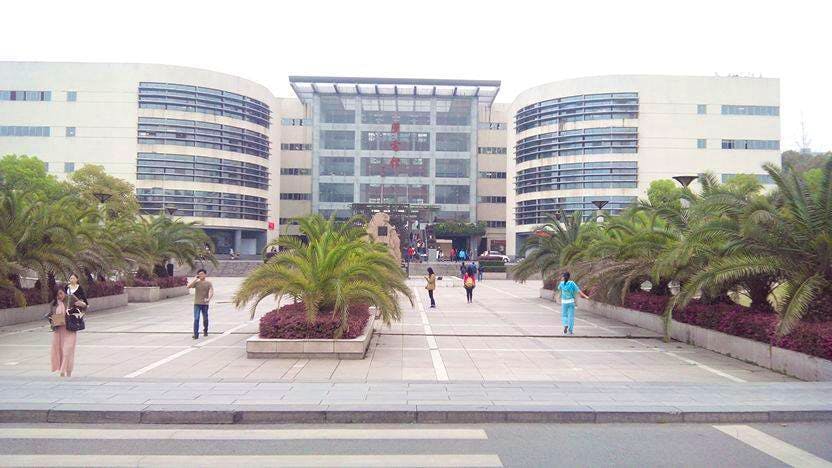Overview:
Having been approved by the Ministry of Education, CTGU was founded on June 29, 2000, comprising the former Wuhan University of Hydraulic and Electric Engineering/Yichang and the former Hubei Sanxia College. The history of CTGU can be dated back to 1946, while the bachelor education started in 1978, and the postgraduate and international student education began from 1996. CTGU has the qualification to confer the degrees of bachelor, master, and doctor, and to recruit international students of CSC scholarship and membership of UNAI. Moreover, the Ministry of Water Resources and the People’s Government of Hubei Province signed agreements in 2009 to build CTGU in a joint effort. Beside, CTGU was awarded the “Advanced Unit of opening up” by the Hubei Provincial government in 2010; and was awarded the “Demonstration base of international student education” in 2014. By now, China Three Gorges University has become a comprehensive university with characteristic features of prominent discipline advantage, hydropower resources, and a great social reputation.
Academics
CTGU consists of 30 colleges, 72 undergraduate programs covering nine fields including science, engineering, medicine, arts, economics, management, law, education, and fine arts. There are 5 national-level characteristic disciplines for undergraduates; 10 provincial-level branded disciplines for undergraduates; 7 disciplines selected as the installment of “A plan for Educating and Training Outstanding Engineers” by the Ministry of Education, 10 disciplines taught in English; and 2 Chinese-foreign cooperative education programs; 2 primary discipline doctoral programs, 22primary discipline programs for graduate students, 184secondary discipline programs for graduate students, 17 professional program for graduate students (Engineering, MBA, MTI, etc.) and 11 provincial key disciplines. CTGU has a large number of enrolled students, comprising more than 22,730 full-time undergraduate students, 4,131 postgraduate students, and 1288 international students.
Facilities
CTGU has 2 national-level experimental teaching demonstration center; 2 national level Engineering practice education centers; 1 national wild scientific observation research station of landslide in the Three Gorges area, Hubei Province, 1 key laboratory of the Ministry of Education in the Three Gorges reservoir area, 1 engineering technology research center of the Ministry of Education in geological disaster of the Three Gorges reservoir area, 1 ecology and environment engineering technology center of the Ministry of Education in the Three Gorges reservoir area, 1 collaborative innovation center with the joint effort from Hubei Provincial government in geological disaster and eco-environment of the Three Gorges reservoir area, 5 provincial and ministerial-level key laboratories on disaster prevention and reduction, construction and management of hydraulic project, design and maintenance of mechanical equipment, research and utilization of natural product, etc., 2 former key laboratories of State Power Corporation on hydropower station simulation and geotechnical study, 18 teaching experiment(training) centers, including 169 functional laboratories, 8 provincial-level teaching experiment demonstration centers, and over 160 practical training centers and cooperative bases between education and production.
Yichang — a comfortable city, a prosperous place
- Yichang is located at the joint of the middle and upper reaches of the Yangtze River. It covers an area of 21,000 km², with a population of 4.15million, and more than 20 ethnic groups live harmoniously here for many years, including Han, Hui, Tujia, and Manchu, etc, among them, Han is the biggest group.
- Yichang is the sub-center city of Hubei province, the regional center city in the middle and upper reaches of the Yangtze River and the world-famous Hydropower Tourist City. The world-famous Three Gorges Project and the Gezhouba Water Control project are all located here.
- Yichang is a comfortable and livable city just as its name literally means. It boasts of a long civilized history of more than 2700 years and it was regarded as the cradle of the ancient Bachu culture, and the birthplace of Tujia minority people. Yichang is the hometown of Madame Leitsu, the silk inventor as well as the wife of China’s ancestral Emperor Huangdi; Chuyuan, a famous patriotic poet and celebrity of world history and culture; Wang Zhaojun, one of the four most beautiful ladies in ancient China. Yichang has a terrain of undulating mountains, countless hills as well as meandering rivers and streams. Therefore, its forest coverage rate exceeds 65.7%. With fresh air, agreeable climate, and a beautiful environment, the diligent and kindhearted local people enjoy their happy lives here.
Show less 


